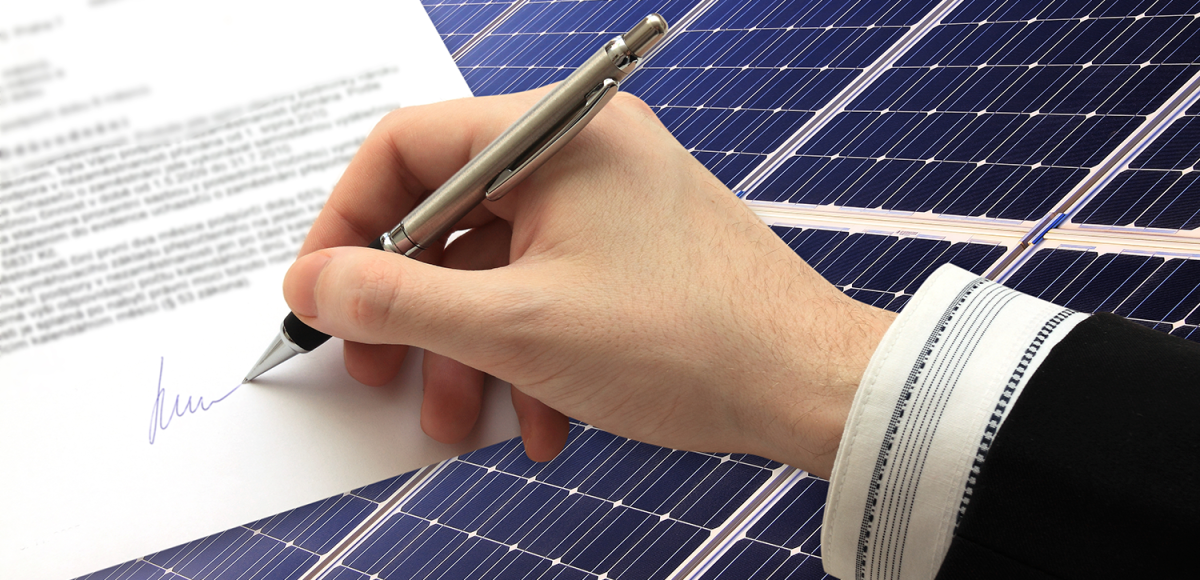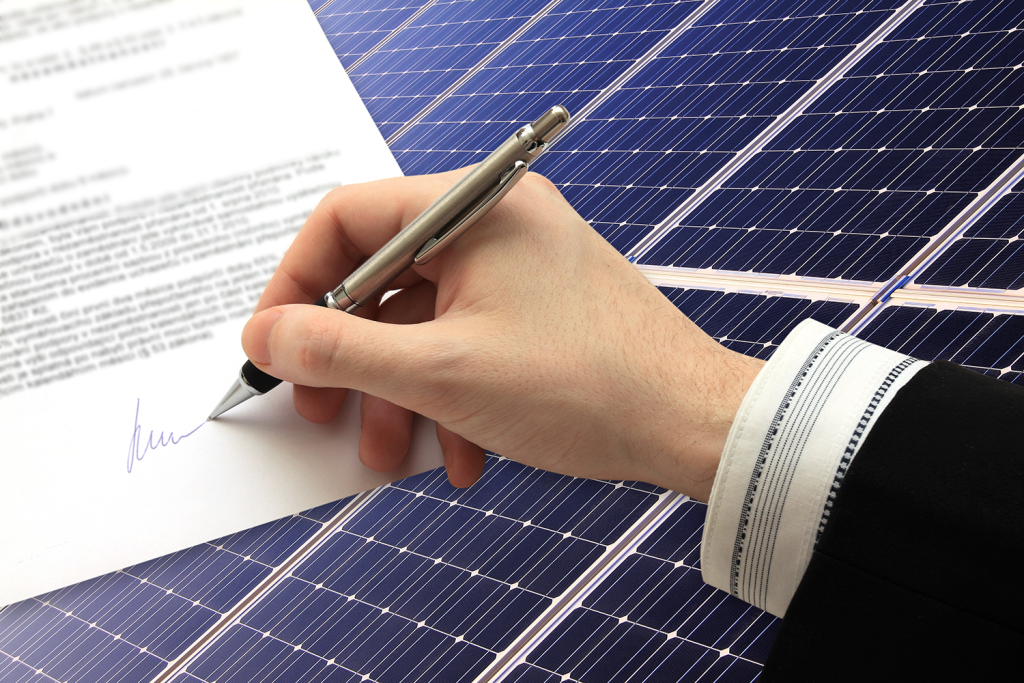
Is it Good to Buy Solar Panels Right Now?

In an age of increasing environmental awareness and the constant drive to reduce our carbon footprint, solar panels have emerged as a shining beacon of clean energy. These panels not only help combat climate change but also allow homeowners to harness the power of the sun to reduce their electricity bills. It’s a win-win situation, right? Well, not always. To make an informed decision about whether now is the right time to invest in solar panels, you need to navigate the intricate landscape of solar energy, avoiding potential pitfalls along the way.
We understand that the prospect of solar panels might be enticing, but like any significant investment, it requires careful consideration. To help you make an informed choice, we’ve compiled a list of key points to address when contemplating the purchase of solar panels. We’ll also reference an informative article from CNET, titled “Solar Panel Scams: 7 Red Flags to Avoid”.
1. Energy Independence:
One of the primary reasons for investing in solar panels is to achieve energy independence. However, it’s essential to understand that not all power companies participate in buyback programs for excess solar-generated energy. So, before you make the leap into solar energy, contact your local power company to confirm their involvement in such programs.
2. Solar Panel Research:
Before you dive into the world of solar panels, thorough research is your best friend. Here are some crucial factors to consider:
- Utility Company Buyback Program: Investigate how your utility company’s buyback program operates. While selling excess energy back to the grid is advantageous, remember that the ultimate goal is to reduce your reliance on the grid and become energy independent.
- Installer Background and Qualifications: The installer you choose plays a pivotal role in the success of your solar panel project. Research your installer’s background, qualifications, and customer reviews to ensure they are reputable and experienced.
- Equipment Purchase and Installation: Consider whether it’s wiser to purchase the equipment first and then hire an installer or vice versa. Each approach has its pros and cons, so understanding your unique situation is crucial.
- Solar Optimization: Not all homes are equally suited for solar panels, and the level of solar optimization can vary. Have your home evaluated to determine if it can effectively harness solar energy and whether any improvements can be made to optimize the setup.
3. Solar Red Flags to Avoid:
Here are some warning signs to steer clear of:
- Federal Solar Tax Credit: Be aware that the federal solar tax credit may be phased out soon. While it’s currently a valuable incentive for solar panel installations, its future is uncertain.
- Special Programs Ending: Some special solar programs may be on the verge of ending. It’s essential to act promptly if you’re considering these programs to maximize your benefits.
- Limited Equipment Choices: If a solar company pressures you into choosing only one type of equipment, it could be a red flag. You should have the freedom to select the best equipment for your specific needs.
- Rising Utility Prices: Beware of claims that your utility company will raise electricity prices significantly each year. These claims can be misleading and might not reflect the actual cost trends.
- Savings Claims: While solar panels can significantly reduce your electricity bills, be cautious of exaggerated claims such as saving up to 70%. Realistic savings will depend on factors like your location, energy consumption, and the efficiency of your system.
In conclusion, the decision to buy solar panels right now can be a sound investment for many homeowners. However, it’s crucial to approach this decision with caution and ensure that you’re well-informed about the various aspects of solar energy. By avoiding red flags and understanding the nuances of solar panel installation, you can take a step closer to harnessing the power of the sun and achieving a more sustainable, energy-independent future.
To further educate yourself on the potential pitfalls and scams in the solar panel industry, we highly recommend reading the CNET article “Solar Panel Scams: 7 Red Flags to Avoid”. It’s an excellent resource to help you make an informed decision about your solar panel journey.
